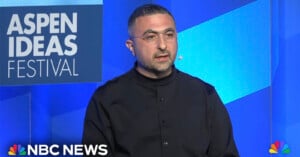
The Head of Microsoft AI Thinks All Content Online is ‘Fair Use’
The CEO of Microsoft AI Mustafa Suleyman has shown an alarming ignorance of copyright law after he claimed that all content on the open web is fair use.

The CEO of Microsoft AI Mustafa Suleyman has shown an alarming ignorance of copyright law after he claimed that all content on the open web is fair use.
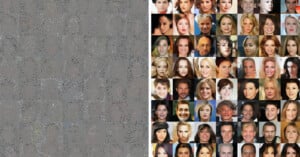
AI image generators are controversial because they were largely built on copyrighted works of artists and photographers who did not consent. But how would they feel if corrupted versions of their work were used instead?
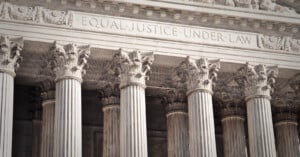
The United States Supreme Court rejected a lower court's ruling that there is a three-year time limit to claim damages from copyright infringement. All claims, even those that occurred decades previously, are fair game as long as the lawsuit is filed within three years of discovery.
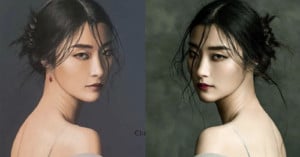
A court in Luxembourg has ruled in favor of U.S. photographer Jingna Zhang who accused painter Jeff Dieschburg of making an exact copy of her photograph. The ruling overturns a previous decision in 2022 that favored Dieschburg.
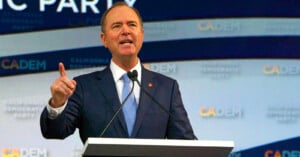
A new bill introduced by Rep. Adam Schiff would require all AI companies to disclose the copyrighted works used in training sets or face a fine.

Image and video hosting website Photobucket is reportedly in talks with generative artificial intelligence companies to license its content for the purposes of training algorithms.
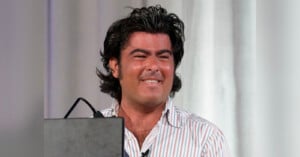
Attorney Richard P. Liebowitz has been disbarred by the Supreme Court of the State of New York following a lengthy years-long suspension.
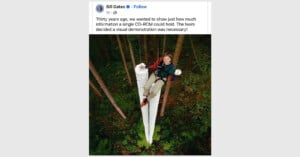
Bill Gates recently posted a photograph on Facebook that one could easily deduce from his sparse captioning was made by him and his team - not the mildly (and formerly) irritated author writing now.
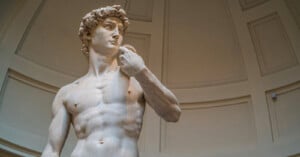
The Getty Images' Italian website is being forced to remove any content that depicts Michelangelo's David after legal action was brought by the Italian Ministry of Culture.
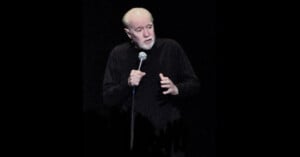
Geoge Carlin's estate has begun legal action over an AI-generated hour-long comedy special created by a YouTube channel.

Last year, Adobe entered the generative AI fray with a tool of its own, Adobe Firefly. However, the software giant set itself apart when that announcement came with a legal compensation backing. Adobe's general counsel explains why.
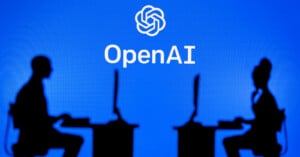
OpenAI, the creator of ChatGPT and DALL-E, is fighting a major legal battle against New York Times for what The Times alleges was "unlawful use" of its content during OpenAI's extensive AI training process.
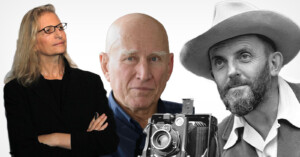
Court evidence has revealed a huge list of artists' names kept by Midjourney whose style the AI image generator allegedly wanted to copy. This list includes dozens of photographers.
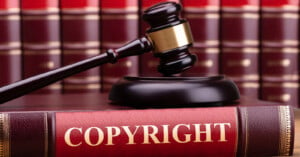
An architecture photographer in California has been awarded $6.3 million after a jury found that a retirement community provider used 43 of his pictures without a license.
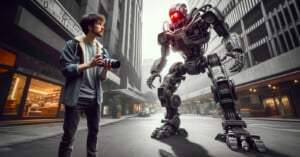
As the U.S. Copyright Office continues its public consultancy seeking opinions on how copyright should work with AI-generated material, two camps of thought are clearly emerging.

A copyright management company has teamed up with photo editing app Capture One to create a plugin that will allow photographers to quickly and easily register their works.
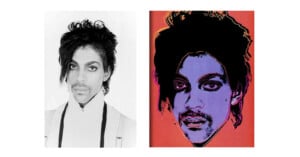
Photographer Lynn Goldsmith may have won her intellectual property case at the United States Supreme Court against the Andy Warhol Foundation, but her victory came at grievous financial cost.
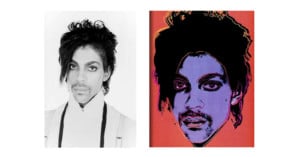
The photographer who won an intellectual property case at the United States Supreme Court against the Andy Warhol Foundation has revealed the financial damage it did to her.

As part of OpenAI's DevDay, the company that makes ChatGPT and DALL-E announced that it will protect customers from legal claims surrounding copyright infringement.
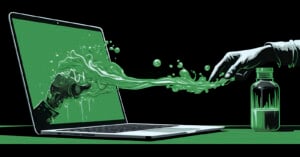
A new tool created by a team at the University of Chicago can add undetectable pixels to images to help creatives protect their work from AI image generators by effectively poisoning (corrupting) the AI's training data.
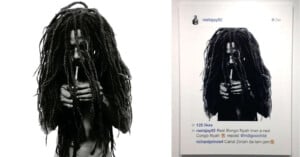
Gagosian Gallery, which has found itself in the middle of an ongoing legal saga regarding artist Richard Prince's work, has won an early legal victory regarding the case. The U.S. District Court for the Southern District of New York has ruled that the gallery is not liable for any profits made from Prince's New Portraits series.

The U.S. Copyright Office has opened a public consultancy seeking opinions on how copyright should work with AI-generated material.
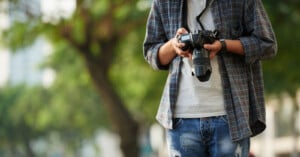
The newly-formed Copyright Claims Board (CCB) has ruled the owner of a website must pay a photographer $3,000 after it infringed upon his copyright.
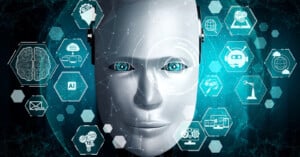
A federal judge has ruled that images generated with artificial intelligence (AI) cannot be copyrighted while contrasting them with photography.
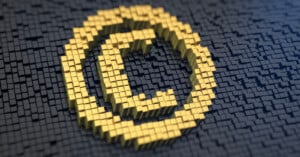
A major Chinese photo agency is demanding an astrophotographer pay $12,000 to use his own photos after he posted his work to social media platform Weibo. The photographer says he never licensed his photos to the agency.
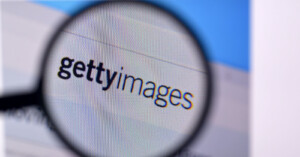
The world's leading photo agencies and photographer associations have co-signed an open letter calling for legal protections against artificial intelligence (AI).
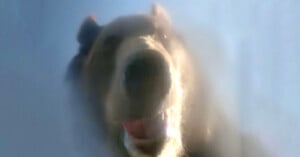
A grizzly bear has been credited as the author of its own selfie after it found a GoPro in a pond, turned it on, and took a video.
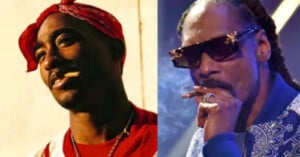
A photographer is seeking compensation in a court of law after alleging that the cannabis website Leafly used his photos of rappers Snoop Dogg and Tupac Shakur.
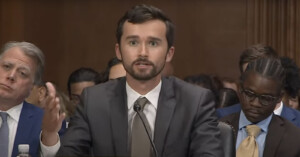
Yesterday at a Senate Judiciary Committee hearing on artificial intelligence (AI) and copyright, Stability AI head of public policy Ben Brooks admitted to using "billions" of images without asking the copyright owner's consent to train the AI image generator Stable Diffusion.

The United States Copyright Office (USCO) has doubled down on its stance regarding artificial intelligence (AI), stating unequivocally that it will not register works generated entirely by AI.